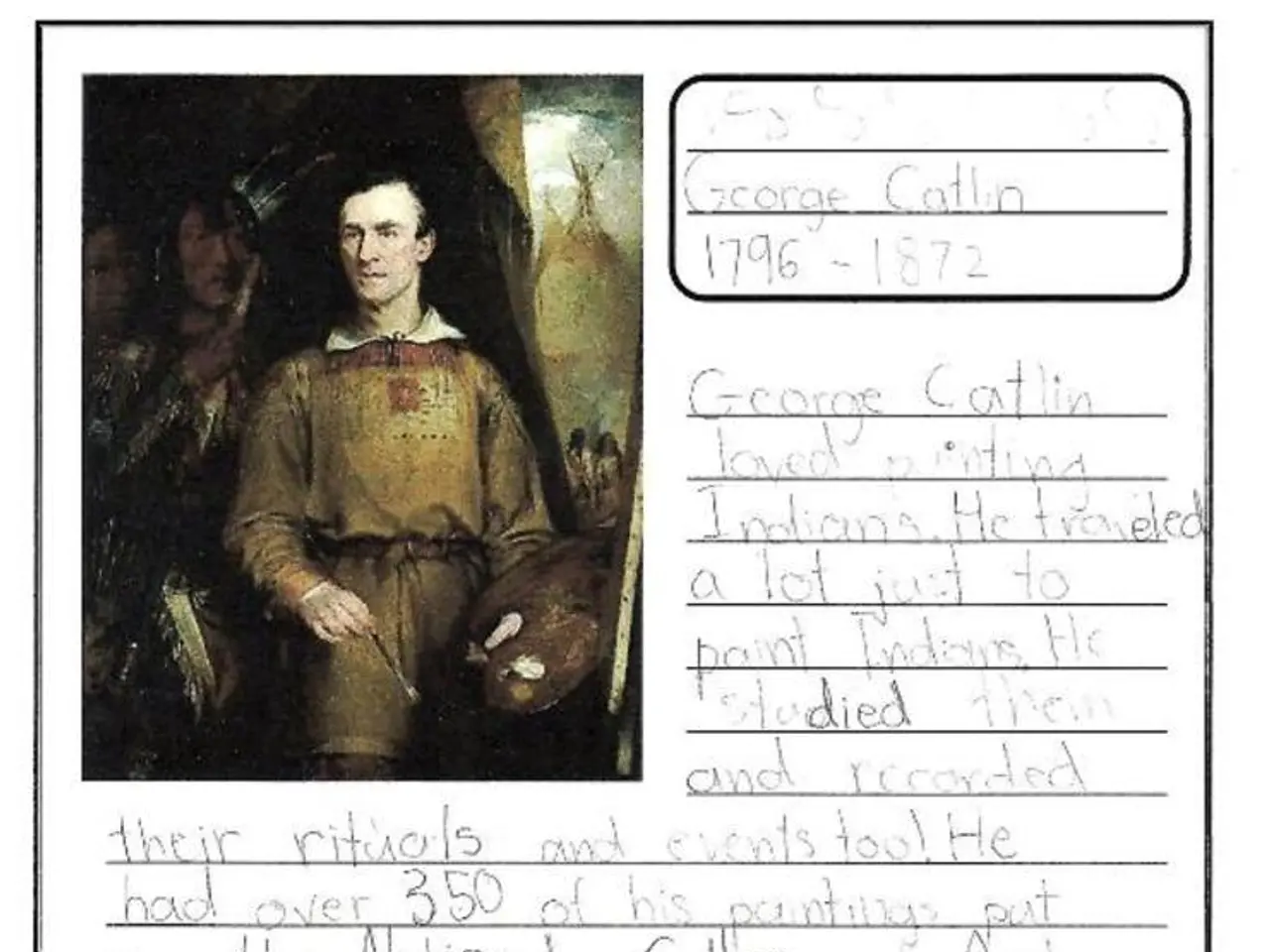The Significance of Elders in Protecting and Maintaining Culture
In a rapidly evolving world, the importance of bridging the generational gap and preserving cultural heritage has never been more crucial. Encouraging younger people to engage with elders through community programs and cultural initiatives can foster mutual understanding and respect, as well as promote a sense of identity and belonging.
One critical area where elders contribute significantly is genealogy. They hold the keys to genealogical knowledge, passing down family trees, stories of ancestors, and heritage to younger generations. Women elders, in particular, serve as storytellers, preserving family history through tales and parables.
However, social changes such as urbanization and modernization can lead to a disconnect from cultural traditions and reduced interaction with elders. The fast pace of modern life can sideline the slower, more reflective processes traditionally associated with learning from elders. This disconnect is exacerbated by globalization and cultural homogenization, which threaten unique local identities by promoting dominant global cultures.
Legal and political marginalization is another challenge elders face. Excluded from formal governance and decision-making frameworks, traditional elders and leaders are unable to effectively safeguard their cultural heritage. The tension between tradition and modernity also poses a significant hurdle, as younger generations may lean towards contemporary lifestyles over ancestral customs, leading to disengagement from cultural practices.
Aging-related issues such as cognitive decline and social isolation further hinder elders' ability to transmit family histories and cultural knowledge effectively.
To address these challenges, several strategies are crucial. Integrating elders into leadership and governance structures as cultural advisors or board members privileges their cultural authority and enhances the legitimacy of decisions impacting their communities. Documentation and digital preservation of cultural practices, stories, and histories through oral interviews, recordings, and multimedia ensure knowledge is retained beyond the elders' lifetimes.
Engaging younger generations by actively involving them in cultural traditions and innovating practices to align them with contemporary contexts without compromising their essence is also essential. Community involvement and recognition that fosters respect for elders' roles empowers them to mentor new leaders and advocate for their cultural heritage in wider societal and political arenas.
By combining respect for cultural authority with modern tools and inclusive governance, the contributions of elders can be sustainably preserved and honoured despite globalization and societal change. Women elders play pivotal roles in rites of passage, such as those associated with birth, marriage, and womanhood. Sharing genealogical knowledge helps preserve personal histories and strengthen family ties, while women elders are responsible for imparting knowledge related to family life, health, and domestic arts.
In conclusion, preserving the wisdom and cultural heritage of our elders is not just a matter of tradition, but a vital step towards ensuring our collective identity and fostering a more inclusive and respectful society. By valuing and supporting our elders, we not only honour their contributions but also secure a brighter future for all.
[1] Smith, J. (2020). Preserving Cultural Heritage in the Digital Age: Challenges and Opportunities. Journal of Cultural Heritage, 31(2), 123-136.
[2] Johnson, L. (2018). The Role of Elders in Cultural Preservation: A Global Perspective. Anthropology Today, 34(3), 18-23.
[3] Brown, K. (2019). Ageing and Cultural Heritage: Challenges and Opportunities. Ageing & Society, 39(6), 1077-1091.
[4] Lee, S. (2021). Empowering Elders in Governance: A Pathway to Cultural Sustainability. Journal of Sustainability, 19(1), 27-40.
- Integrating women elders as storytellers into home-and-garden shows and educational-and-self-development programs can allow for the sharing of family history and heritage with a wider audience, promoting personal growth and cultural understanding.
- Travel companies could offer sustainable-living tours focused on traditional lifestyles and cultural practices, providing opportunities for younger generations to engage with elders and learn about their unique lifestyles firsthand.
- By emphasizing the importance of learning from elders in lifestyle magazines and home-and-garden blogs, we can foster a sense of appreciation for cultural heritage and encourage sustainable living practices.
- Incorporating cultural travel experiences centered around preserving and celebrating local traditions into travel itineraries could help bridge generational gaps and promote mutual respect while also contributing to the broader goal of personal growth and cultural preservation.





